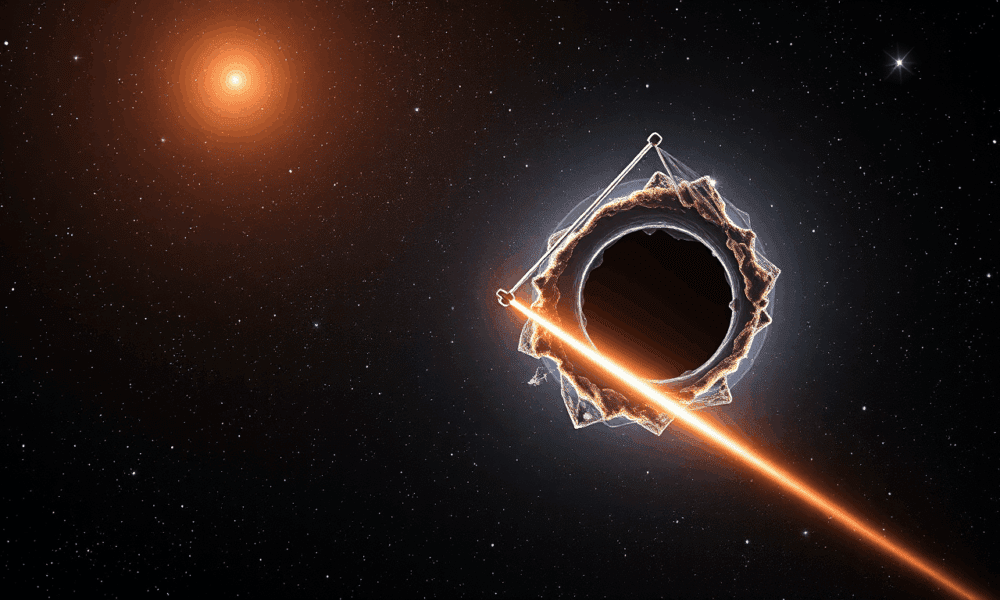
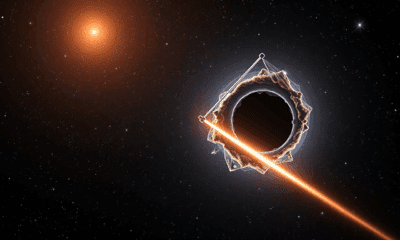

A visionary plan proposes sending a paperclip-sized spacecraft, powered by Earth-based lasers, to a nearby black hole within a century. Led by astrophysicist Cosimo Bambi, the...
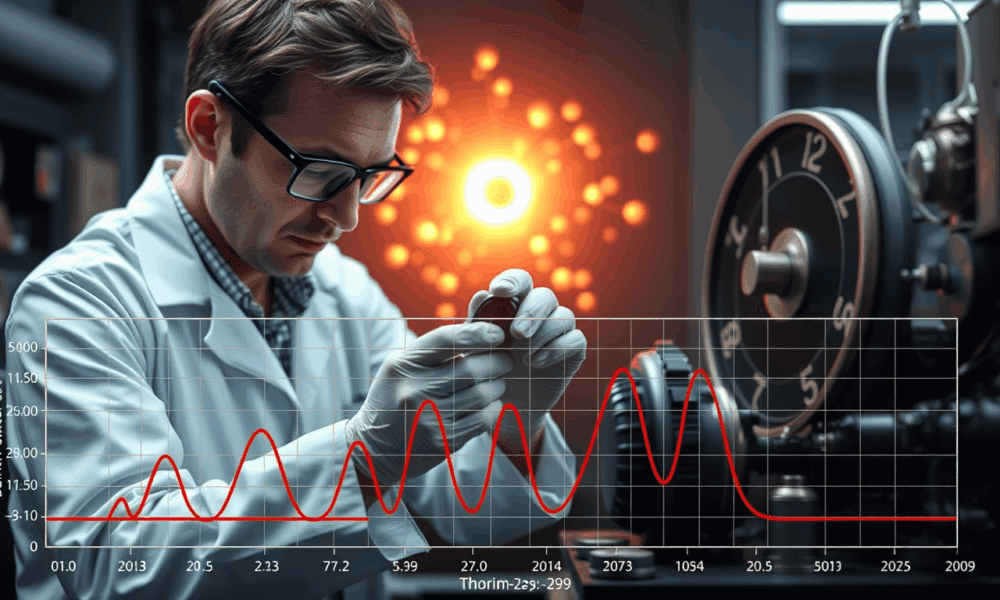
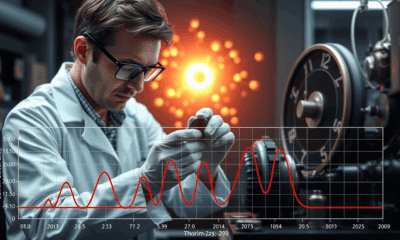

Physicists are exploring thorium-229’s unique properties to create a nuclear clock so precise it could detect the faintest hints of dark matter. Recent measurement advances may...
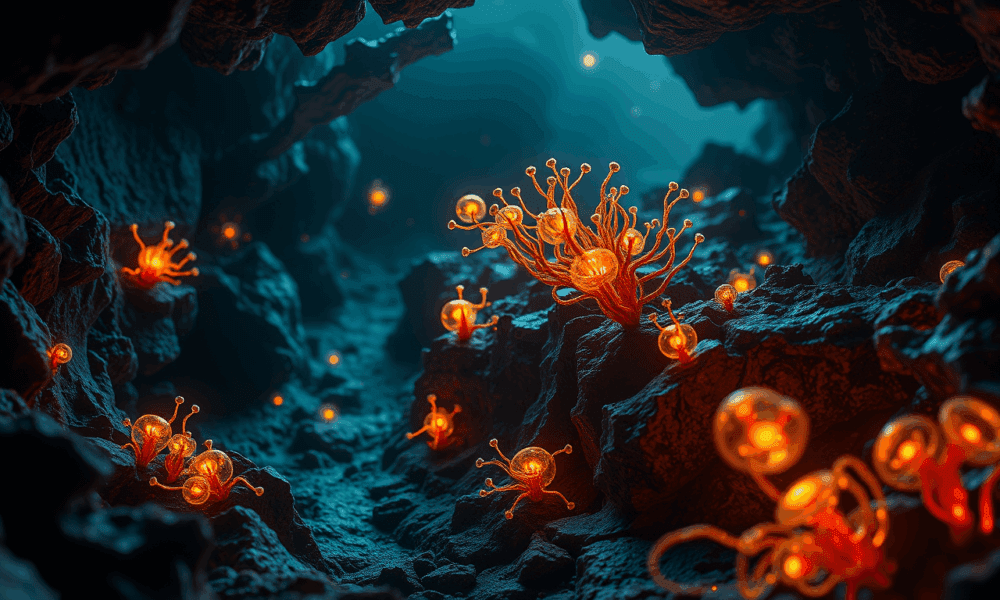
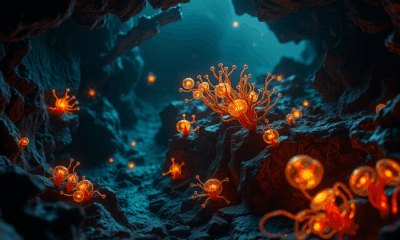

Chinese scientists uncovered a powerful energy source for deep Earth microbes: hydrogen and oxidants generated by rock fracturing during earthquakes. The process may also suggest how...
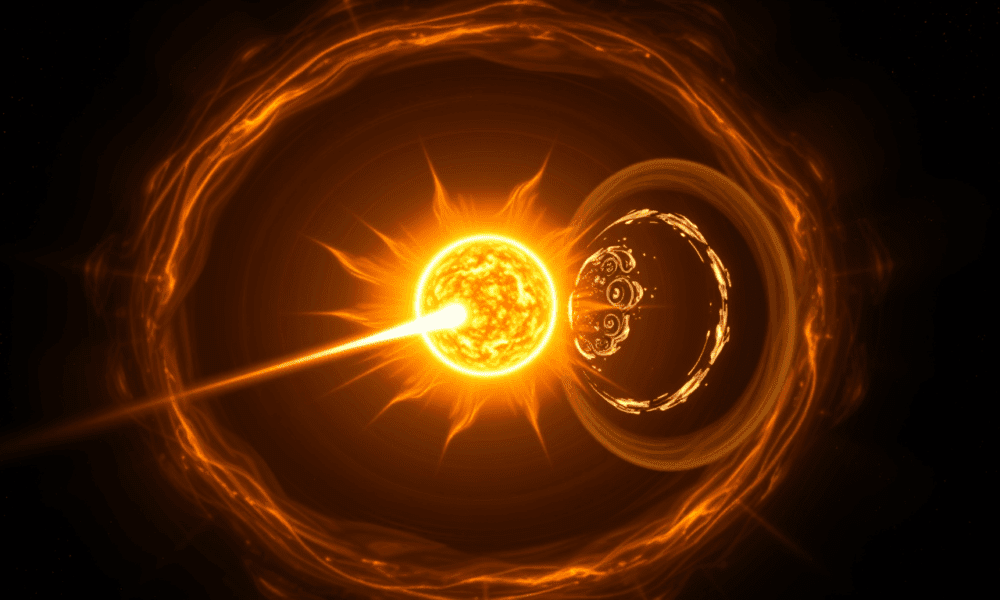
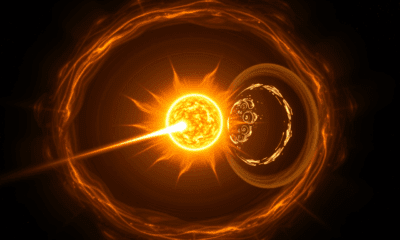

Astronomers have stumbled upon an incredible cosmic chain reaction: a young star launched a high-speed jet that ignited an explosion, creating a massive bubble in space...



Scientists have successfully synthesized methanetetrol, an incredibly unstable and previously elusive compound thought to be a key ingredient in the chemical evolution of life. Described as...
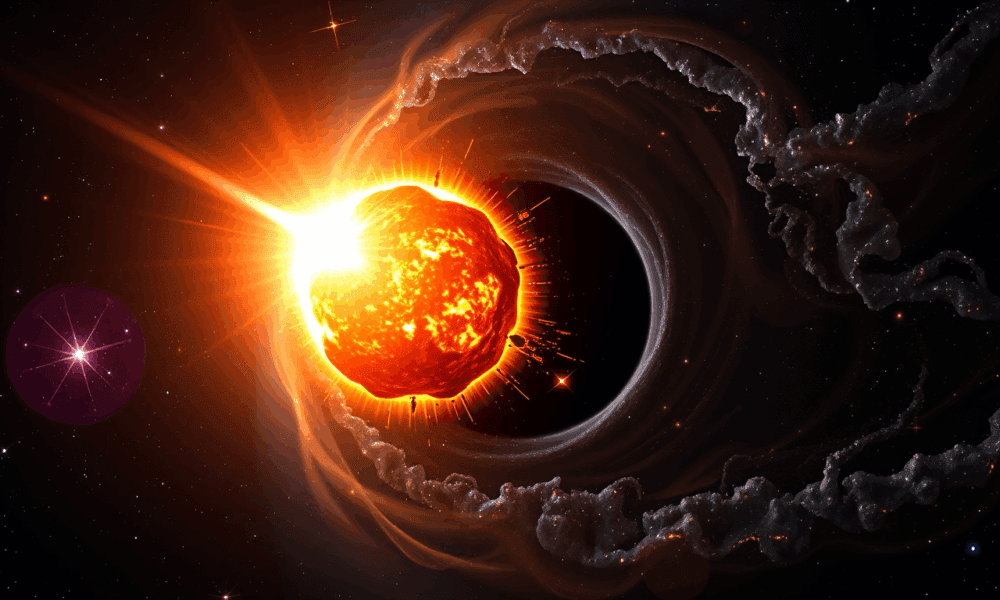
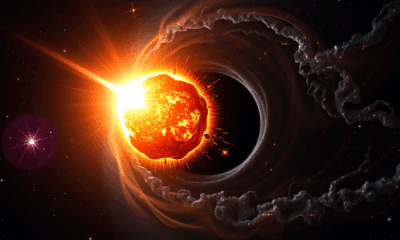

This is the first confirmed case of a star that survived an encounter with a supermassive black hole and came back for more. This discovery upends...
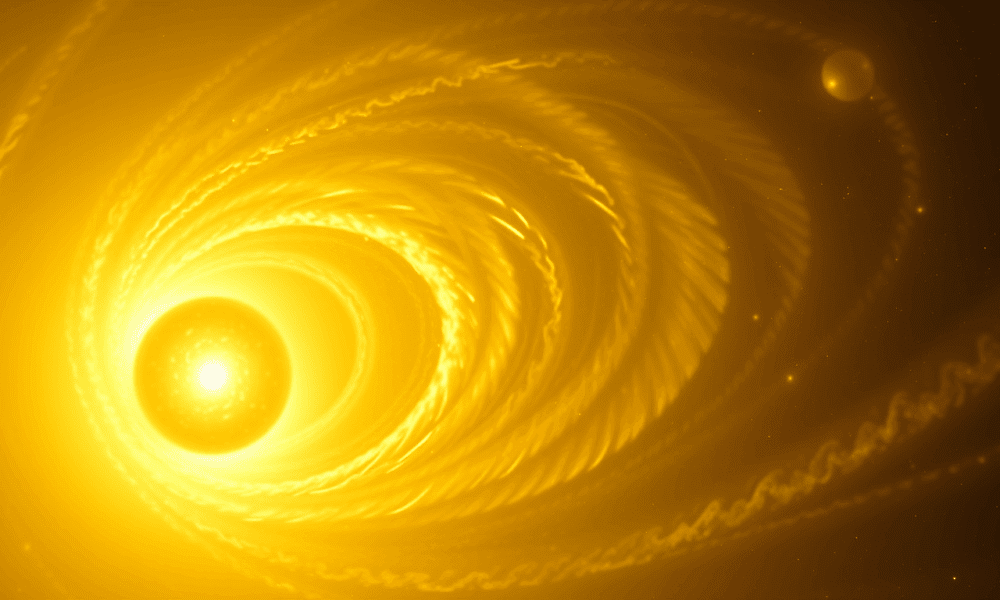
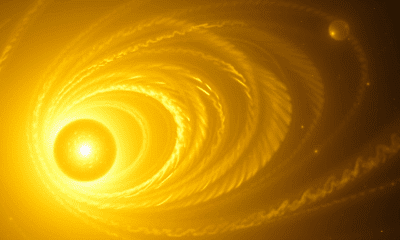

An international team of scientists have provided an unprecedented tally of elemental sulfur spread between the stars using data from the Japan-led XRISM (X-ray Imaging and...
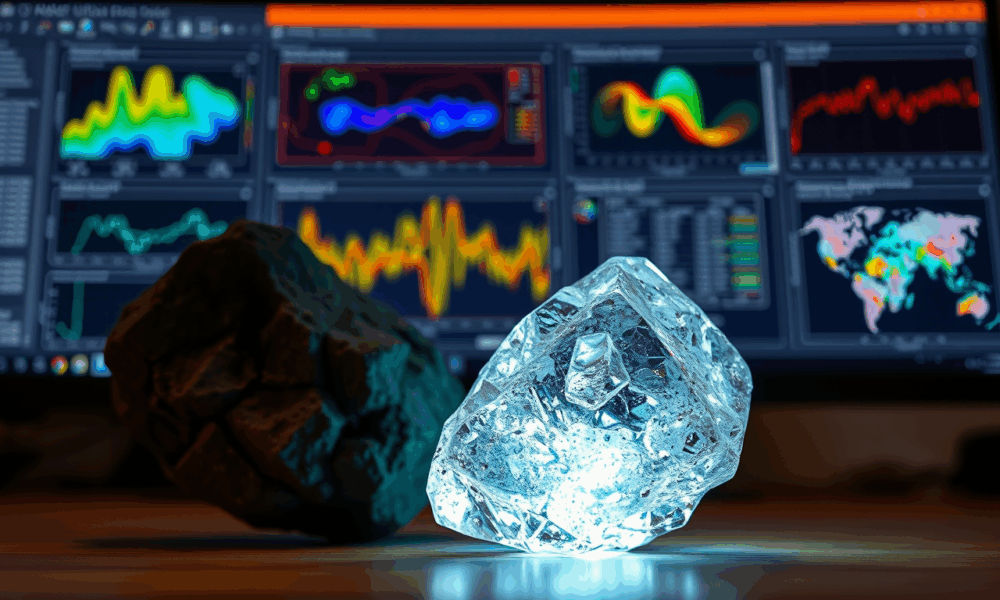
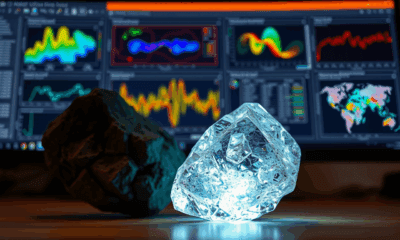

A rare mineral from a 1724 meteorite defies the rules of heat flow, acting like both a crystal and a glass. Thanks to AI and quantum...
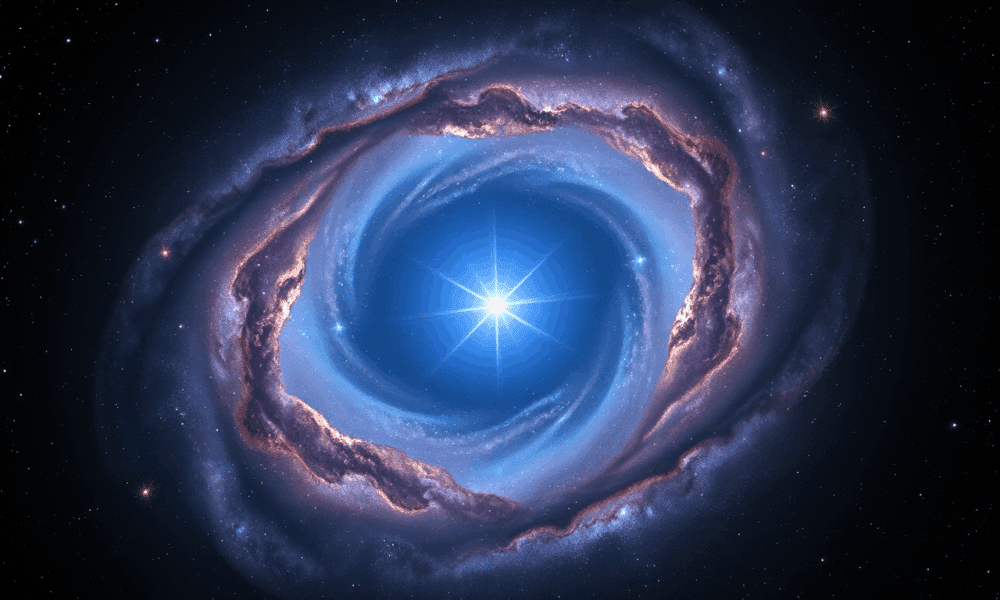
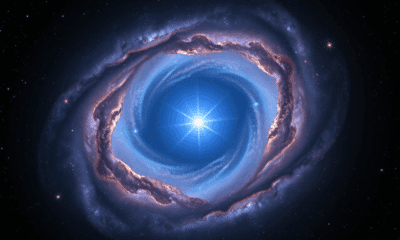

In a spectacular image captured by the Hubble Space Telescope, the spiral galaxy NGC 1309 glows with cosmic elegance and hides a strange survivor.
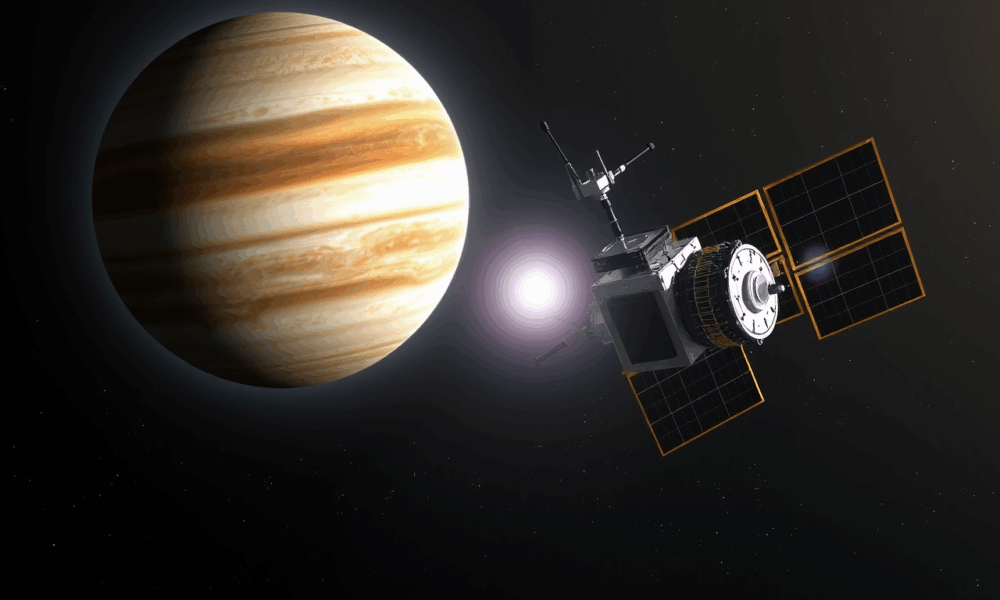
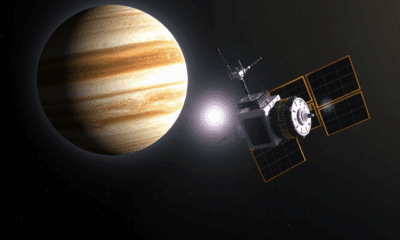

NASA’s Europa Clipper spacecraft just aced a key radar test while flying past Mars, proving its ability to detect structures beneath planetary surfaces—something that couldn’t be...